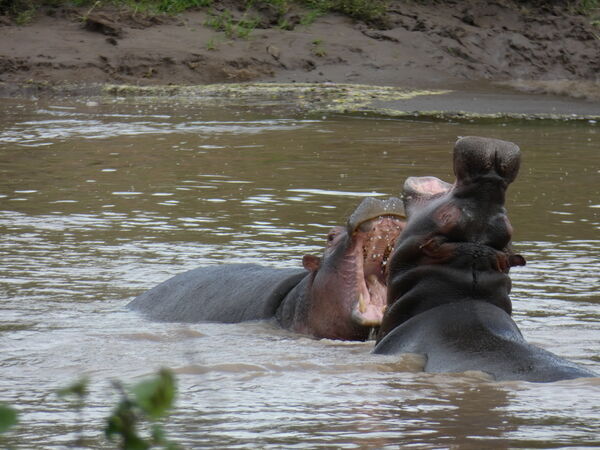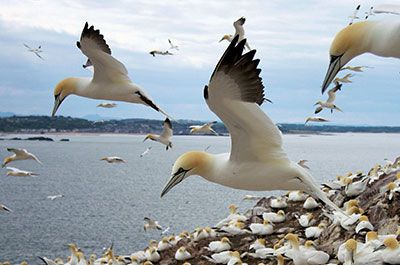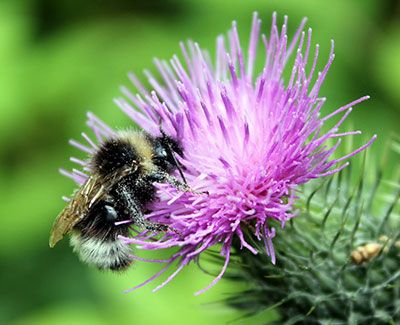Ecology and Evolution
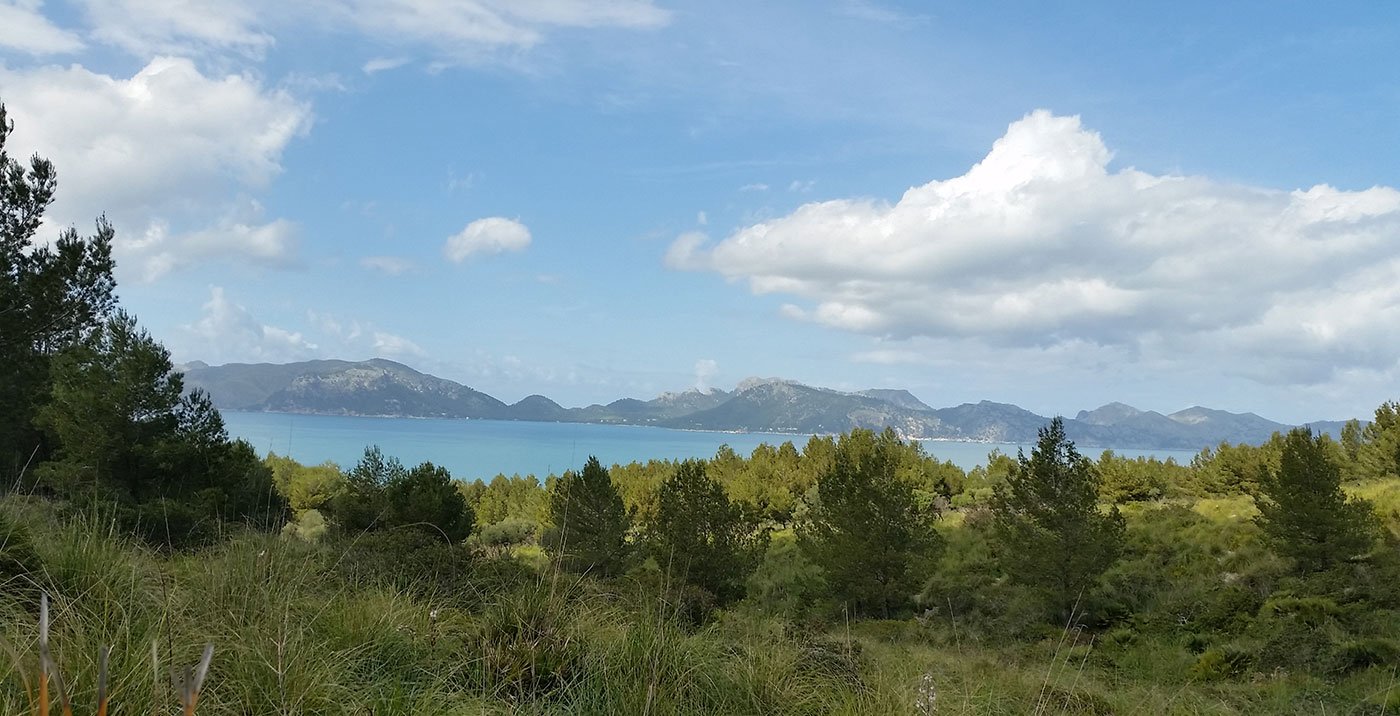
- Faculty of Biological Sciences
- Research and innovation
- Our research
- Ecology and Evolution
Ecology and Evolution
Our research
Our ecological and evolutionary research ranges from fundamental theory through to directly applied work, at scales ranging from molecular to global and across all the Earth’s biomes. Particular strengths include research on biodiversity, evolutionary and developmental biology, host-parasite interactions, invasive alien species, pollination biology, landscape ecology and conservation.
Our research has been driving national and international policy agendas around environmental change and global sustainability.
Postdoctoral Researchers in Ecology and Evolution
Current projects
Impacts of offshore windfarms on seabirds (Evolution and Behaviour)
There is an urgent need to understand how offshore wind farms could affect marine biodiversity. Here, Keith Hamer's research combines advanced demographic analysis and state-of-the-art wildlife tracking to provide critical insight into how mortality through collisions with offshore turbines could affect long-term population viability of high-profile marine predators of high conservation status in the UK.
More on Impacts of offshore windfarms on seabirds (Evolution and Behaviour)Saving the Seychelles warbler (Ecology and Conservation)
Hannah Dugdale’s research explores links between conservation, demography, and senescence in a unique bird population: the Seychelles warbler. This species has been reintroduced to several islands and monitored for over 30 years, giving a unique insight into how endangered species recover under the right conditions.
More on Saving the Seychelles warbler (Ecology and Conservation)Helping apple growers to conserve their bees (Sustainable Agriculture)
Bill Kunin’s research focuses on the conservation of and ecosystem services provided by pollinating insects. A current research project, “valuing orchard and integrated crop ecosystem services” (VOICES), is helping South African apple growers to enhance their yield by protecting their local pollinators.
More on Helping apple growers to conserve their bees (Sustainable Agriculture)Impact stories
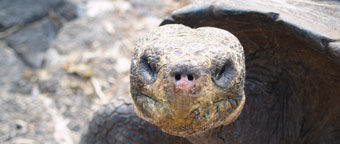
Galapagos Biosecurity - Dr Simon Goodman
Galapagos is one of the most iconic places in the world for evolution and biodiversity, but many of the endemic species in the archipelago are now vulnerable to introduced diseases. Dr Goodman, with Ecuadorian partners, has established the first ever molecular genetic and pathology laboratory in the Galapagos islands, seeking to develop disease mitigation strategies.
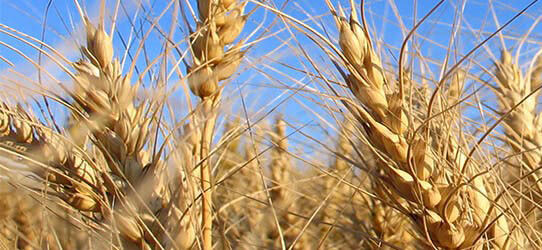
Sustainable Agriculture - Professor Tim Benton
A global challenge of the 21st Century is to produce enough food for the growing world population, in the face of climate change. Prof. Benton’s research has focussed on how farming drives ecological dynamics at field, landscape and global scales.


